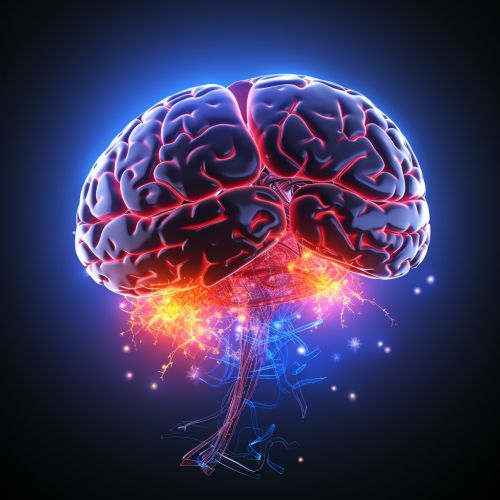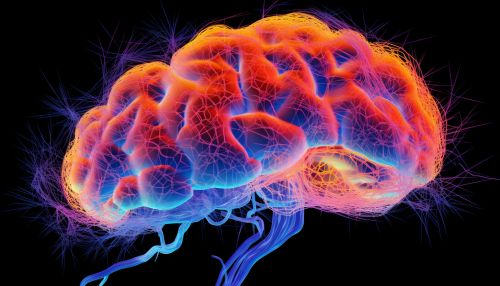ADHD
Definition and Overview
Attention Deficit Hyperactivity Disorder (ADHD) is a neurodevelopmental disorder characterized by persistent patterns of inattention, impulsivity, and hyperactivity that are more frequent and severe than typically observed in individuals at a comparable level of development. ADHD is one of the most common childhood disorders and can continue through adolescence and into adulthood.


Symptoms
Symptoms of ADHD can be divided into two categories of inattention and hyperactivity-impulsivity. For inattention, an individual may overlook or miss details, have difficulty sustaining attention in tasks or play, not seem to listen when spoken to directly, not follow through on instructions, and have difficulty organizing tasks and activities. For the hyperactivity-impulsivity category, an individual may fidget with or tap hands or feet, leave their seat in situations when remaining seated is expected, run about or climb in situations where it is inappropriate, be unable to play or engage in leisure activities quietly, and talk excessively.
Causes
While the exact cause of ADHD is not known, research suggests that it is likely due to a combination of several factors. These include genetics, brain structure and function, and the environment. Studies have shown that genetics play a significant role in the development of ADHD, with the disorder often running in families. Differences in brain structure and function have also been observed in individuals with ADHD, particularly in areas of the brain associated with attention and impulse control. Environmental factors such as prenatal exposure to alcohol and tobacco, premature delivery, and low birth weight may also contribute to the development of ADHD.
Diagnosis
Diagnosis of ADHD involves a comprehensive evaluation by a licensed clinician, such as a pediatrician, psychologist, or psychiatrist with expertise in ADHD. The assessment usually involves gathering information from multiple sources, including parents, teachers, and other adults who are familiar with the child’s behavior. The clinician will also consider the individual's medical history, conduct a physical examination, and may use various ADHD rating scales to assess the presence and severity of symptoms.
Treatment
Treatment for ADHD typically involves a combination of medication, psychotherapy, and educational interventions. Medications, such as stimulant medications, are often effective in reducing ADHD symptoms. Psychotherapy, including cognitive-behavioral therapy, can help individuals with ADHD to better cope with everyday problems. Educational interventions can support success at school and work. Lifestyle modifications, such as a healthy diet, regular physical activity, and adequate sleep, can also help manage symptoms.
Prognosis
The prognosis for individuals with ADHD varies widely and is dependent on several factors, including the severity of symptoms, the presence of co-occurring conditions, and the individual's response to treatment. With appropriate treatment and support, individuals with ADHD can lead successful and fulfilling lives. However, without treatment, ADHD can interfere with various aspects of life, including academic achievement, occupational performance, and social relationships.
Epidemiology
ADHD is one of the most common neurodevelopmental disorders of childhood. It is estimated that it affects approximately 5-7% of children and 2-5% of adults worldwide. The disorder is more commonly diagnosed in males than in females, and the prevalence varies significantly across countries and cultures.
History
The concept of ADHD has evolved over the past century, with the disorder being described under a variety of names including "minimal brain dysfunction," "hyperkinetic reaction of childhood," and "attention deficit disorder." The current term, ADHD, was introduced in the third edition of the Diagnostic and Statistical Manual of Mental Disorders (DSM) in 1980.
Society and Culture
ADHD has been the subject of numerous debates and controversies, particularly regarding its diagnosis and treatment. Some critics argue that ADHD is overdiagnosed and overmedicated, while others contend that the disorder is underdiagnosed and undertreated. The disorder has also been portrayed in various media, often in a stereotypical and stigmatizing manner.
